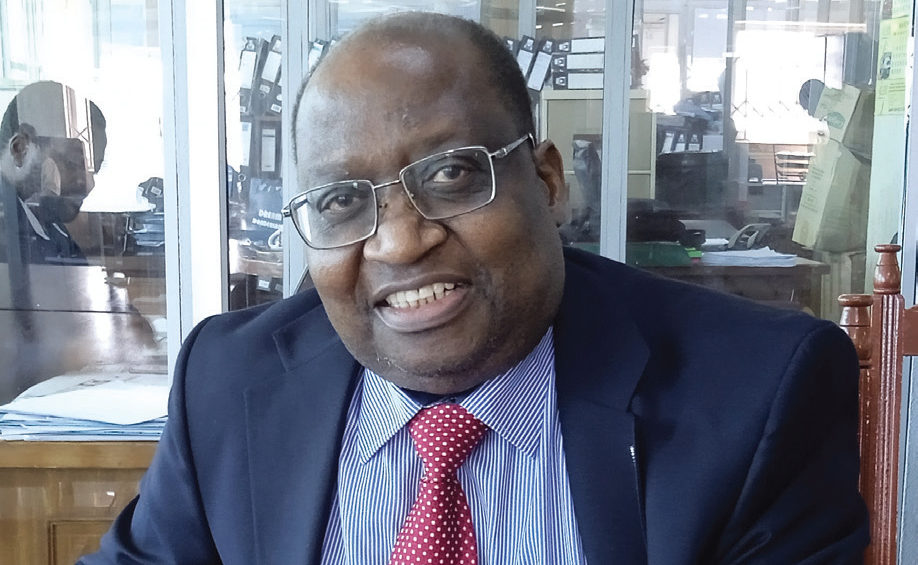Govt applauds results of Covid-19 survey
Co-chairperson of the Presidential Task Force on Covid-19 Wilfred Chalamira Nkhoma has said the task force will use results of the Covid-19 Syndromic Surveillance Survey in planning for future interventions of the pandemic.
He was speaking during the dissemination of the survey results by Elizabeth Glaser Pediatric Aids Foundation (Egpaf) at the Bingu International Convention Centre (Bicc) in Lilongwe on Friday.

Among the findings, the survey found that due to myths and misconceptions about the pandemic, some critical health services such as Anti-Retroviral Therapy (ART) uptake were interrupted, leading to defaults.
The survey also revealed that some health facilities were closed or some services were suspended as a way to prevent the spreading of the virus.
“Such things were expected anyway, but now it is good that they are coming from a research; so we have a basis to start from when we are planning preventive tactics in the future. This is the reason we need more research activities in the health sector,” said Chalamira-Nkhoma.
Egpaf together with its partners conducted the telephone-based syndromic surveillance survey of Covid-19 in Malawi to provide critical data to assist public health leaders in decision-making on guidance, implementation and evaluation of programs and policies for the prevention and control of Covid-19.
Director of Public Health Institute of Malawi (PHIM) in the Ministry of Health Benson Chilima said accurate data on health programmes is critical because it helps health personnel to make informed and supported decisions regarding health service delivery.
Egpaf director of research and evaluation Thulani Maphosa said the survey concentrated on random phone interviews with respondents on whether they displayed influenza-like or Covid-19 symptoms, whether they had been tested before, whether they had any Covid- 19-realated death in the family and whether they were not interrupted from accessing health services.
“This data was being collected in two categories; from the general public and from people living with HIV (PLHIV) and after capturing data it was being processed, stored and analysed using online dashboard,” he said.
He said PLHIV were put on a separate group in order to measure whether HIV contributed more to Covid-19- related deaths by comparing with data of how HIV was contributing to total deaths before Covid-19.





